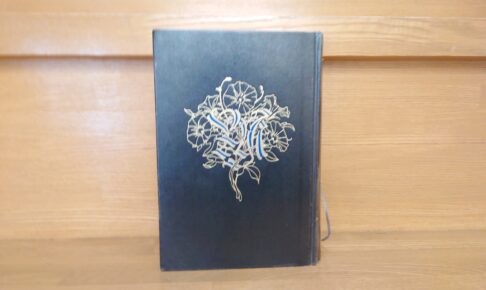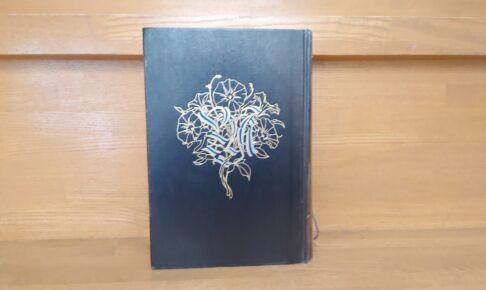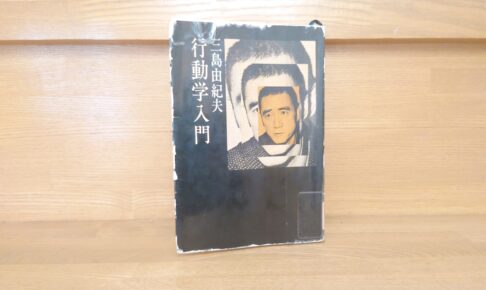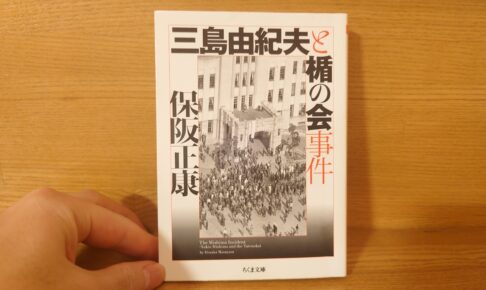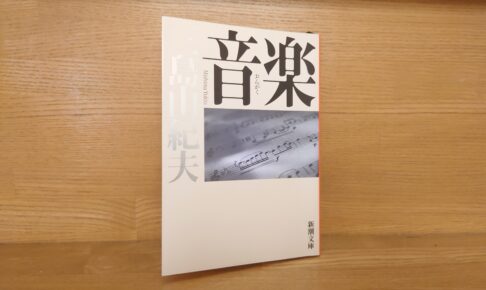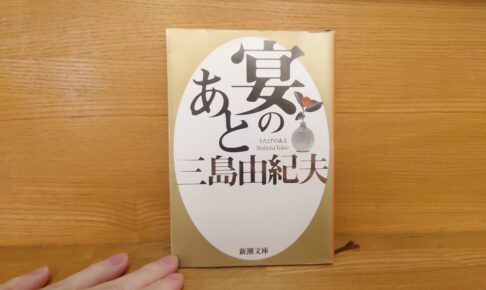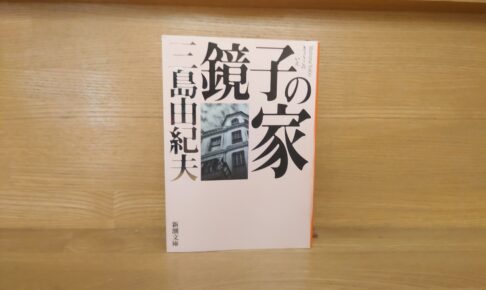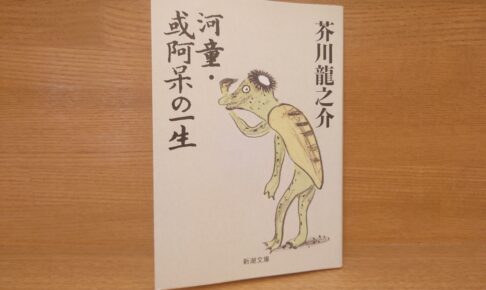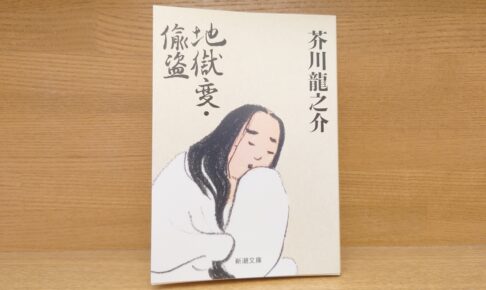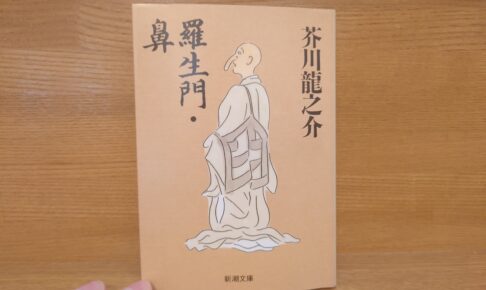The connection between Yukio Mishima and Buddhism: Where did Mishima learn Buddhism, including the philosophy of Yusama in "The Sea of Fertility"?
We do not know what Mishima actually read when he studied Buddhism, but we know from the article in the complete works referred to here that he read a number of introductory books and arrived at Yudhistra, and that he was taught by Dr. Masu Yamaguchi of Otani University.
I am now deeply aware that I would like to relearn the Yoboku-kyo again in order to better appreciate "The Sea of Fertility," which became Mishima's lifework. This will be an important point in understanding Mishima's thoughts in his later years.












